We're all too familiar with useless PC features that are just marketing, from AI-powered overclocking and military-grade durability on motherboards to "Game Mode" on SSDs. However, some features that appear optional and inconsequential at first can make their presence felt when you realize you need them. You might have skipped an SSD with DRAM or a CPU with integrated graphics, thinking those features aren't strictly necessary, but an unexpected situation might make you regret your choice.
5 A vertical GPU mount on the case
It eliminates a lot of the hassle
Vertically mounted GPUs can draw sharp reactions from many users in the community, but it's mostly harmless if you avoid the mistakes related to vertically mounting your GPU. Switching from the conventional horizontal orientation can give your PC an instant makeover, especially if your GPU has a great front side that you'd like to show off. While universal vertical mounts are compatible with most cases, you might still go through some hassle to properly install one.
A great solution is to buy a case that comes with a vertical mount of its own. This way, you know you won't face any compatibility problems when you eventually decide to mount your graphics card vertically. Cases like the HYTE Y60 and HYTE Y40 are built around vertical GPU mounts, and can work well for all but the most high-end graphics cards. The issue with the latter is that your card could be sitting flush against the case, leading to higher temps than you'd be comfortable with.
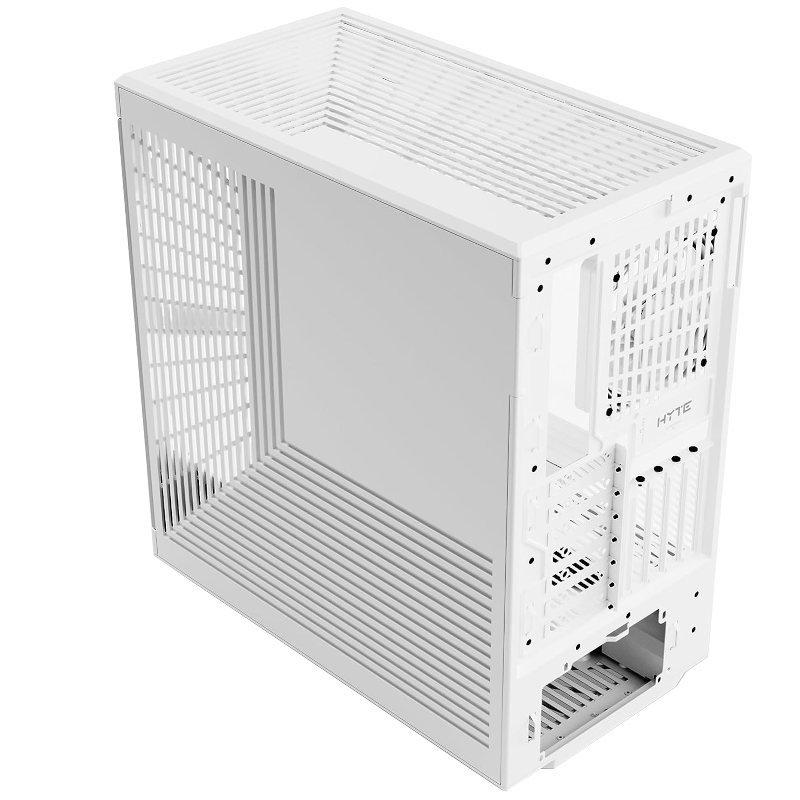
The HYTE Y40 is the company's third case launch and is a smaller ATX version of the impressive Y60. With less space to work with, this case has plenty going for it and can fit larger GPUs and motherboards, but there are a few complaints we'd like to see addressed with a second version. This is the Snow White Edition which has a stunning all-white design.
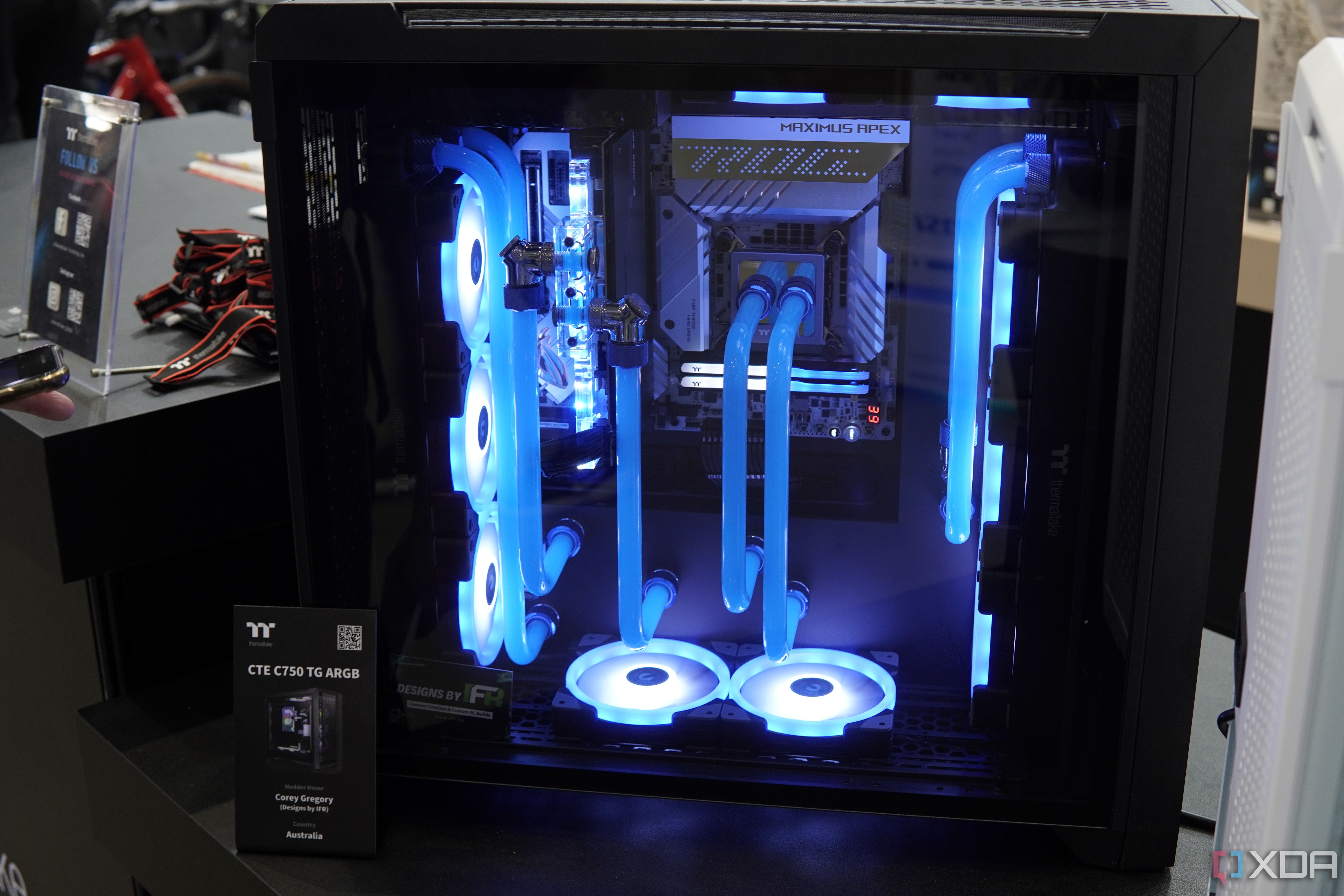
Related
6 reasons you should vertically mount your graphics card
If you're all about looks but worried about performance and cost, here's why you should switch to a vertically mounted GPU.
4 Easy installation of the CPU cooler
Why isn't every cooler easy to install?
Let's face it: most CPU coolers are a pain to install or remove. Often, you need to replace the stock backplate, use a convoluted installation method, or sacrifice sufficient IHS contact. While this might not seem like a big deal to experienced builders, even they would appreciate a cooler that's easy to work with. Many Noctua coolers feature a simplified mounting mechanism that reduces the headache of properly securing the cooler to the motherboard.
With some research, you can easily find a CPU cooler for your socket that doesn't require backplate gymnastics during the installation. During the initial build, users sometimes need to remove the cooler to fix the paste application or mounting pressure, so a cooler with a tool-less installation mechanism can be a godsend.
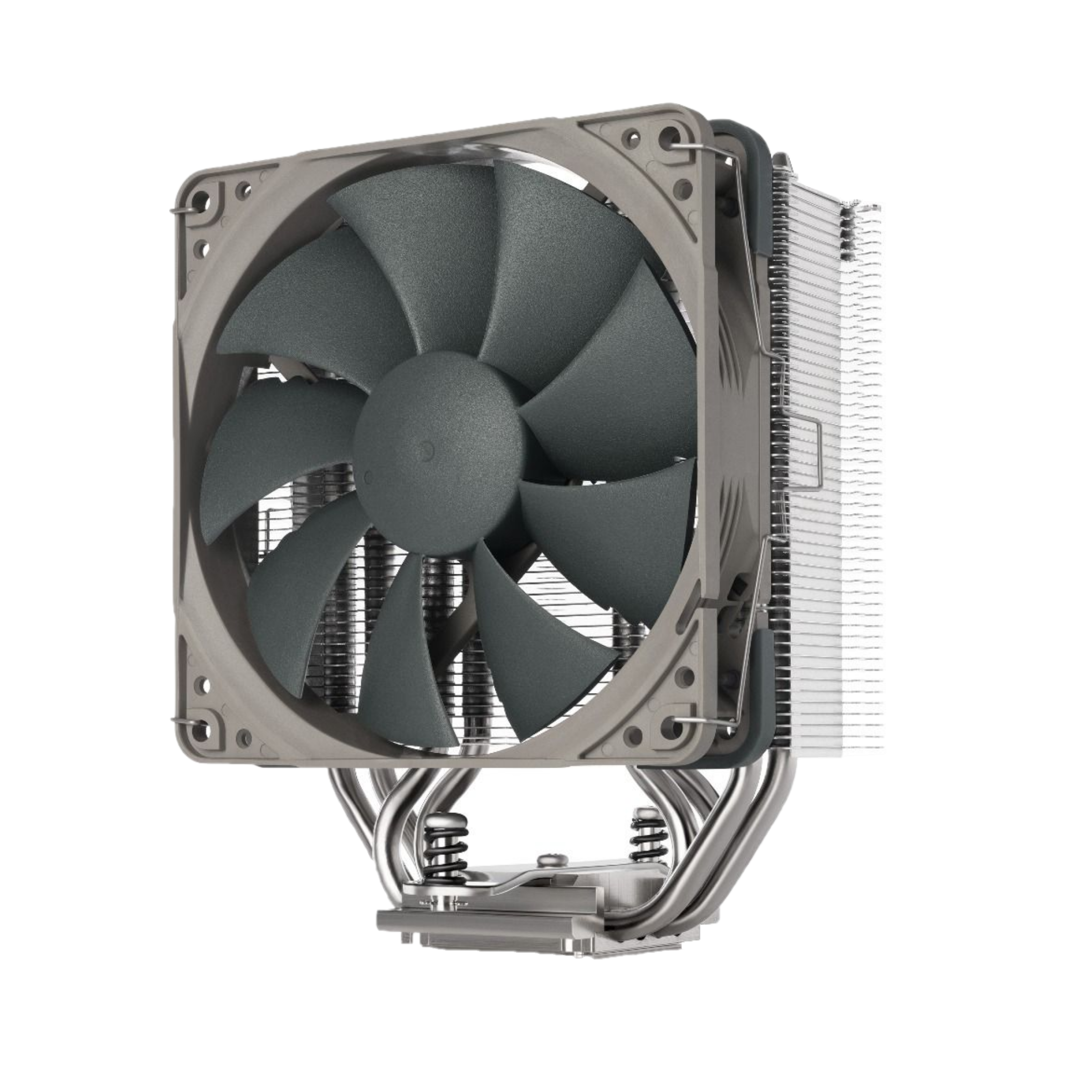
Noctua's NH-U12S Redux is a midrange air cooler for midrange to high-end CPUs. It comes with a single 120mm fan and is 158mm tall. It features a simple mounting mechanism that makes life easier for PC buillders.
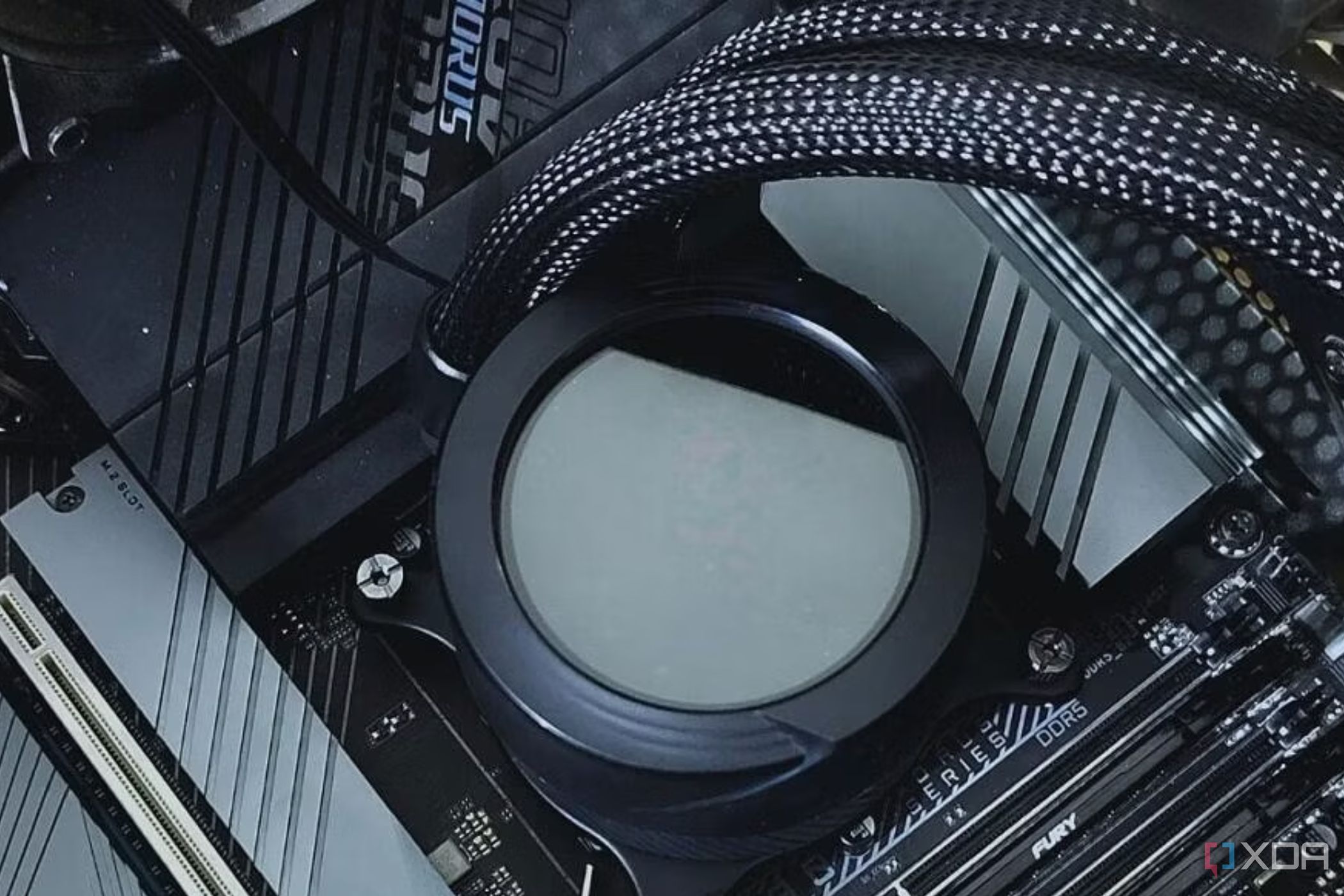
Related
4 easy mistakes to make when installing a CPU cooler
Installing your CPU cooler is one of the trickiest parts of a PC build. Here are some of the most common mistakes we all make when installing them.
3 DRAM cache on the SSD
To DRAM or not to DRAM
DRAM cache helps SSDs perform faster in certain scenarios. It's a dedicated chip that stores a mapping table for the SSD, helping the drive keep track of the data on the NAND flash. DRAM stores frequently accessed data for quick access, and can dramatically improve speeds in applications like Adobe Premiere Pro or during game streaming. While DRAM doesn't generally improve gaming performance, titles with procedural generation or similar write-heavy operations can certainly benefit from it.
For a gaming-only system, you might decide to go with a DRAM-less SSD that uses the host memory to achieve the same results. However, those who run other heavy applications on their PC, paying slightly more for a DRAM SSD can pay dividends throughout the drive's lifetime.
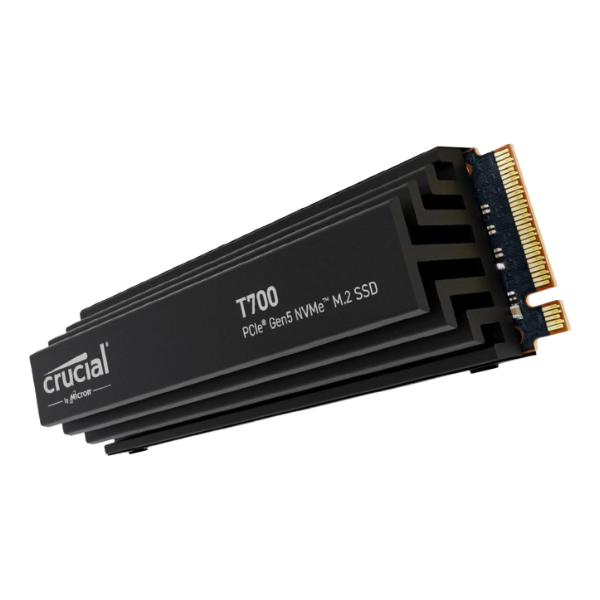
Storage capacity 1TB, 2TB, 4TB
Hardware Interface PCIe 5.0 (x4) NVMe 2.0
Brand Crucial
Transfer rate Up to 11,700MB/s (read), 9,500MB/s (write)
TBW 600 (1TB), 1200 (2TB), 2400 (4TB)
The Crucial T700 PCIe Gen5 NVMe SSD is one of the fastest solid-state drives on the planet, with up to 11,700MB/s reads and 9,500MB/s writes on the 1TB capacity, increasing to 12,400MB/s reads and 11,800MB/s writes on the larger capacities.
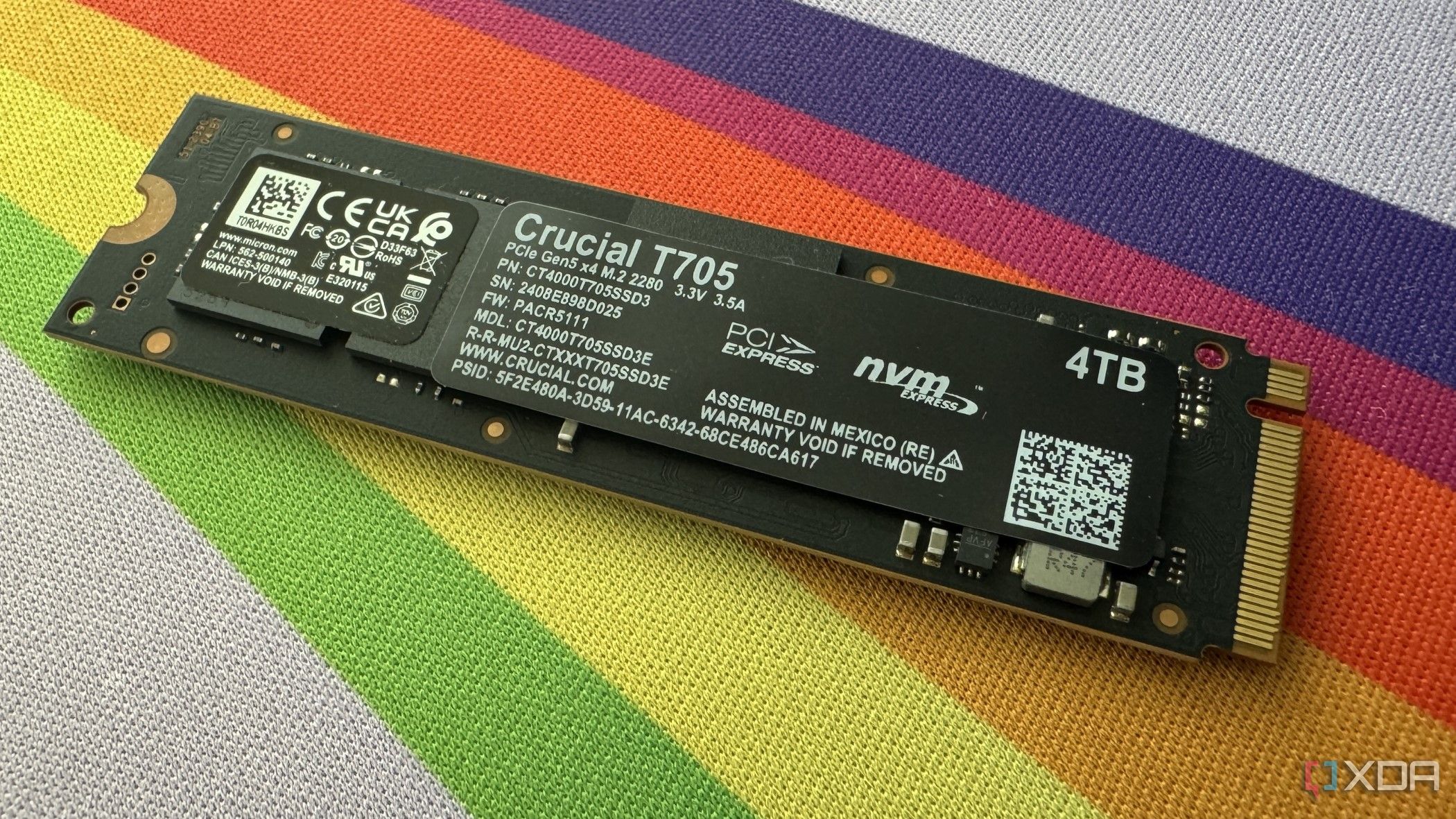
Related
5 SSD specs I look for that actually matter
If you're not checking the spec table for these 5 things before purchasing an SSD, you're doing it wrong.
2 Pre-installed M.2 heatsinks on the motherboard
Manufacturers should stop cheaping out
Not every SSD needs a heatsink, but it sure looks better with one. Today, most lower-mid-range motherboards come with pre-installed heatsinks, but there are still many popular boards that provide just one of them or skip them entirely. Even if you don't have a high-end Gen5 drive yet, an SSD heatsink gives your SSD the best chance of performing at its maximum potential. Your Gen4 SSD might be throttling its performance, while you might be blissfully unaware of it.
Providing SSD heatsinks for all the M.2 ports on a motherboard doesn't cost the manufacturer much, but it still feels like a luxury on mainstream motherboards. It's one of the only motherboard features you should care about, and should frankly be the bare minimum these days. Most SSDs aren't designed to be good-looking, so heatsinks are a great way to bring some visual uniformity to your rig.
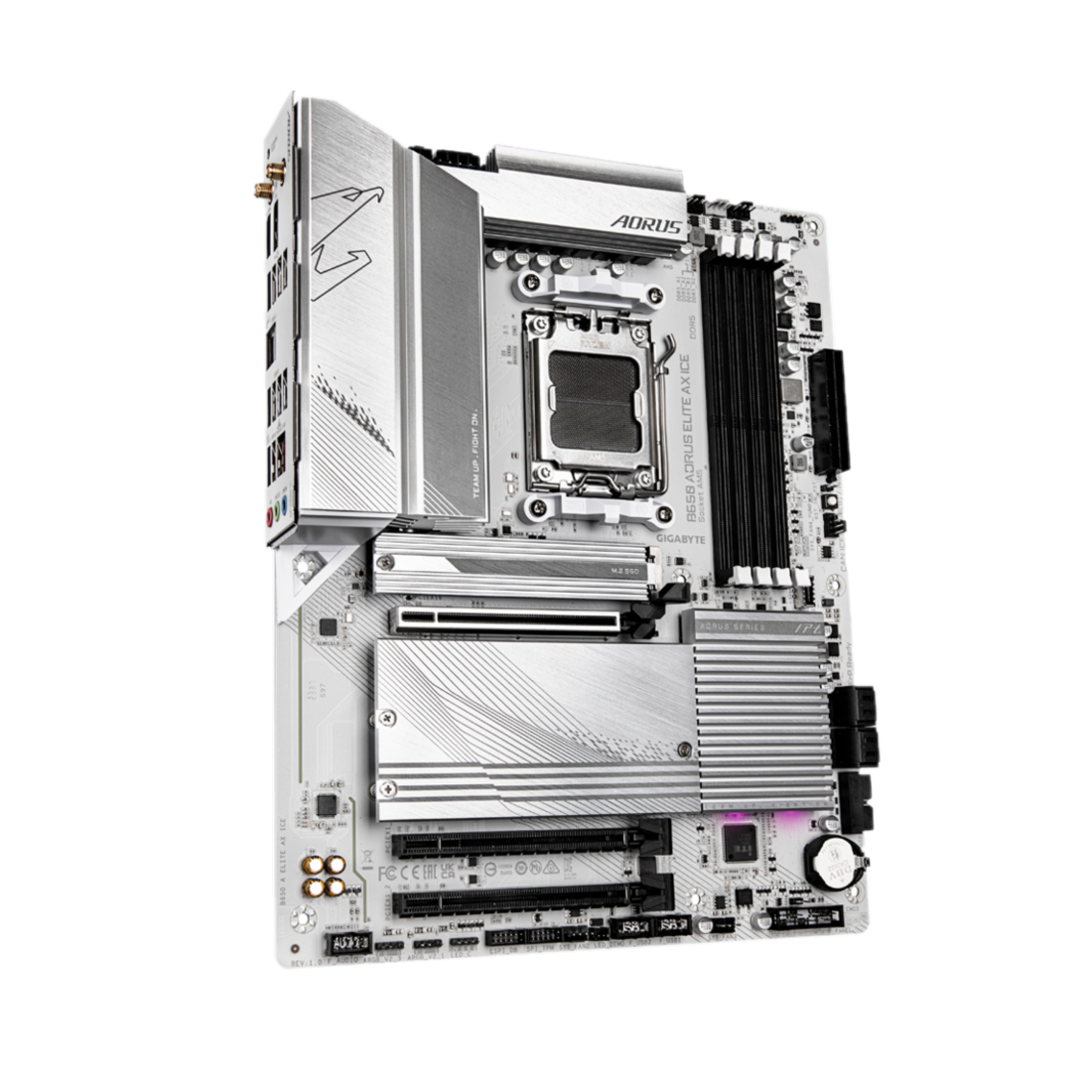
The Gigabyte B650 Aorus Elite AX ICE offers premium aesthetic and great features at an affordable price.
1 Integrated graphics on the CPU
Worth the small premium
Integrated graphics are something you don't find important until your GPU becomes faulty. Even if you're diagnosing a minor issue with your graphics card, having an alternate GPU to fall back on is an underrated luxury. Recently, I was trying to flash a new vBIOS on an old, faulty RTX 2070 Super. While my ideal course of action was to remove my RTX 3080 and plug in the RTX 2070 Super in its place, the lack of an iGPU on my Ryzen 7 5700X meant that I couldn't do that.
I had to install my RTX 3080 alongside the RTX 2070 Super, which needed extra legwork to remove the PCIe slot covers and route the power cables. Not only that, I also found that my boot SSD was no longer being detected. I checked in the BIOS, and sure as day, only my SATA SSD was detected by the BIOS. So, I had to install a new copy of Windows 11 on the SATA SSD, boot from it, and flash the new BIOS. A CPU with integrated graphics can eliminate all such hurdles when you're trying to diagnose GPU-related problems.
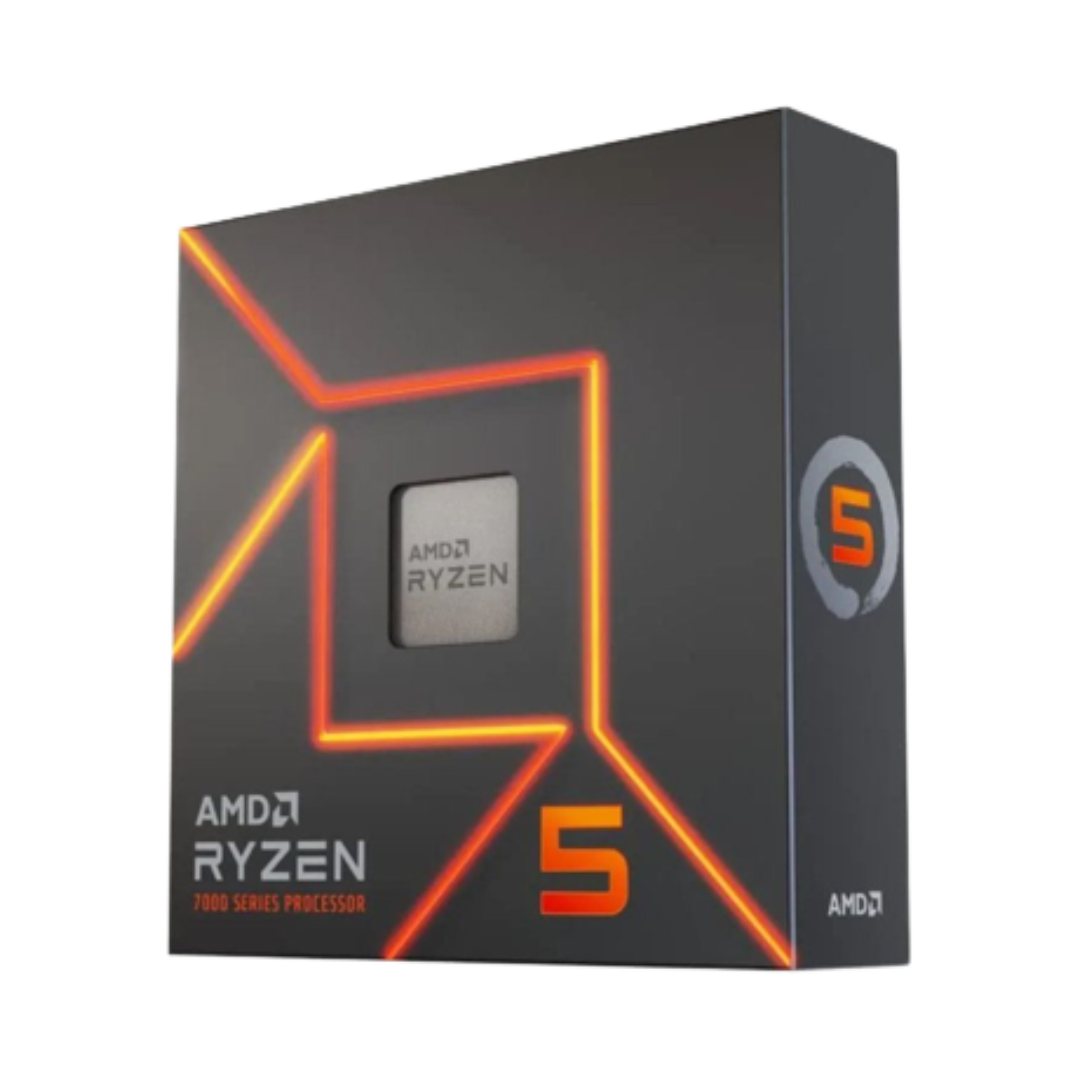
Brand AMD
CPU Model 5 7600X
Cores 6
Threads 12
Architecture Zen 4
AMD's 6-core Ryzen 5 7600X is a great CPU for any gaming PC, thanks to its reliable performance and thermal efficiency.
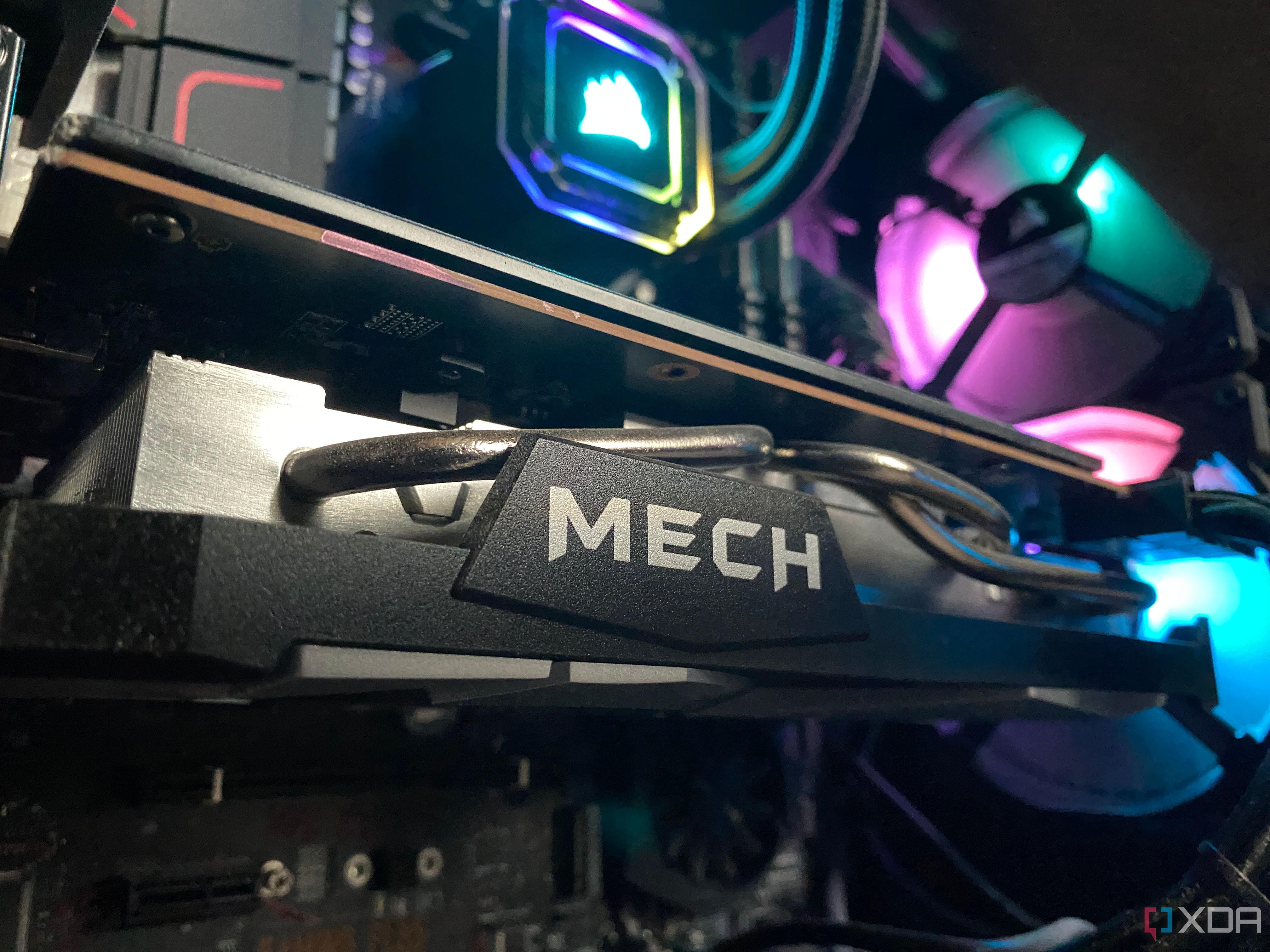
Related
I bought a CPU without graphics and regretted it
When building a computer, you have the option for dedicated or integrated graphics. Find out which is the better choice and why I regret my decision.
Sometimes, it's worth shelling out for nice-to-have features
While you shouldn't waste money on features you'll never use, it's worth spending on a CPU with integrated graphics or an SSD with DRAM. These features might seem unimportant, but the upside is worth the small premium you might have to pay. Similarly, a motherboard with pre-installed heatsinks or a CPU cooler with tool-less installation can make your life easier.
.png)
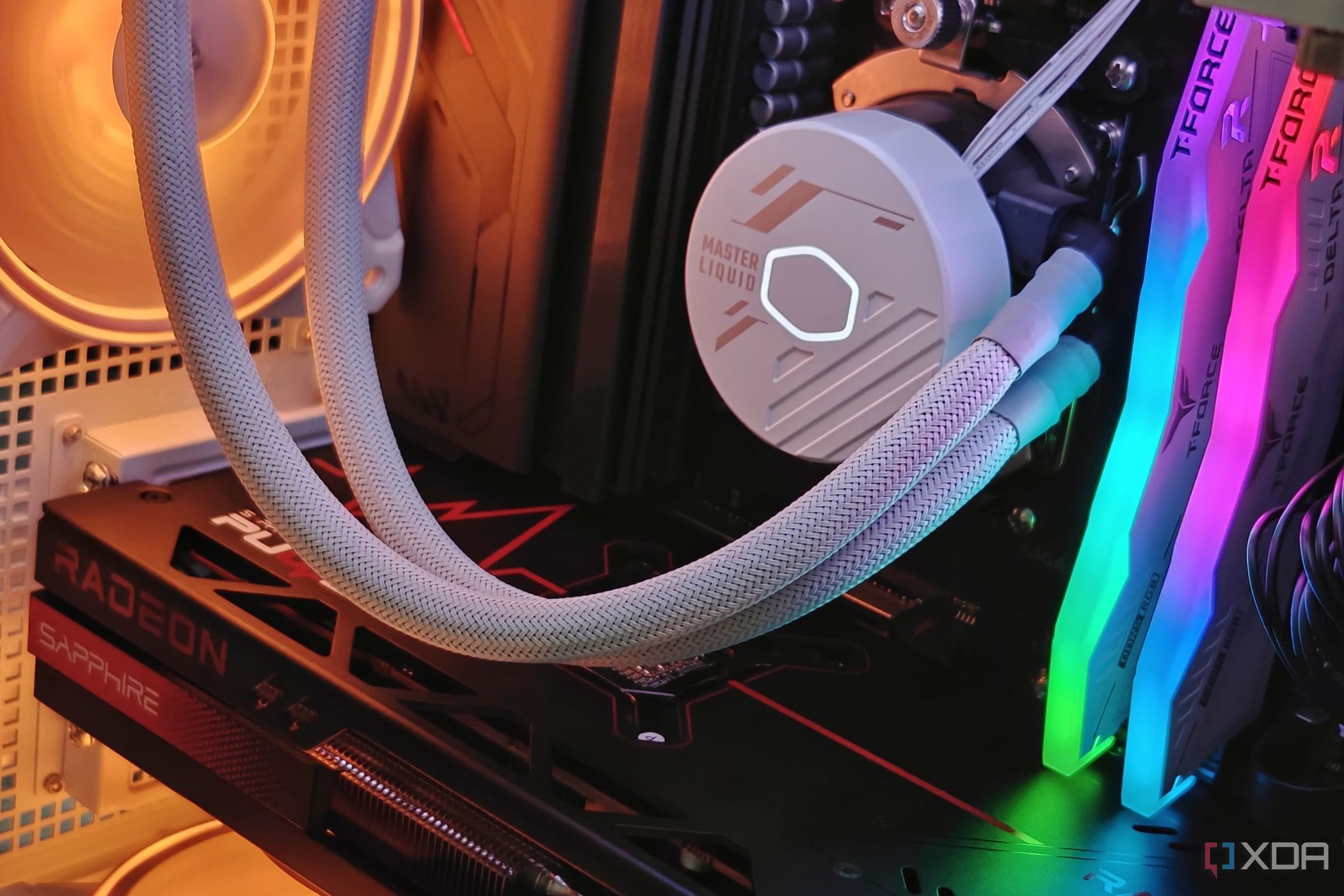
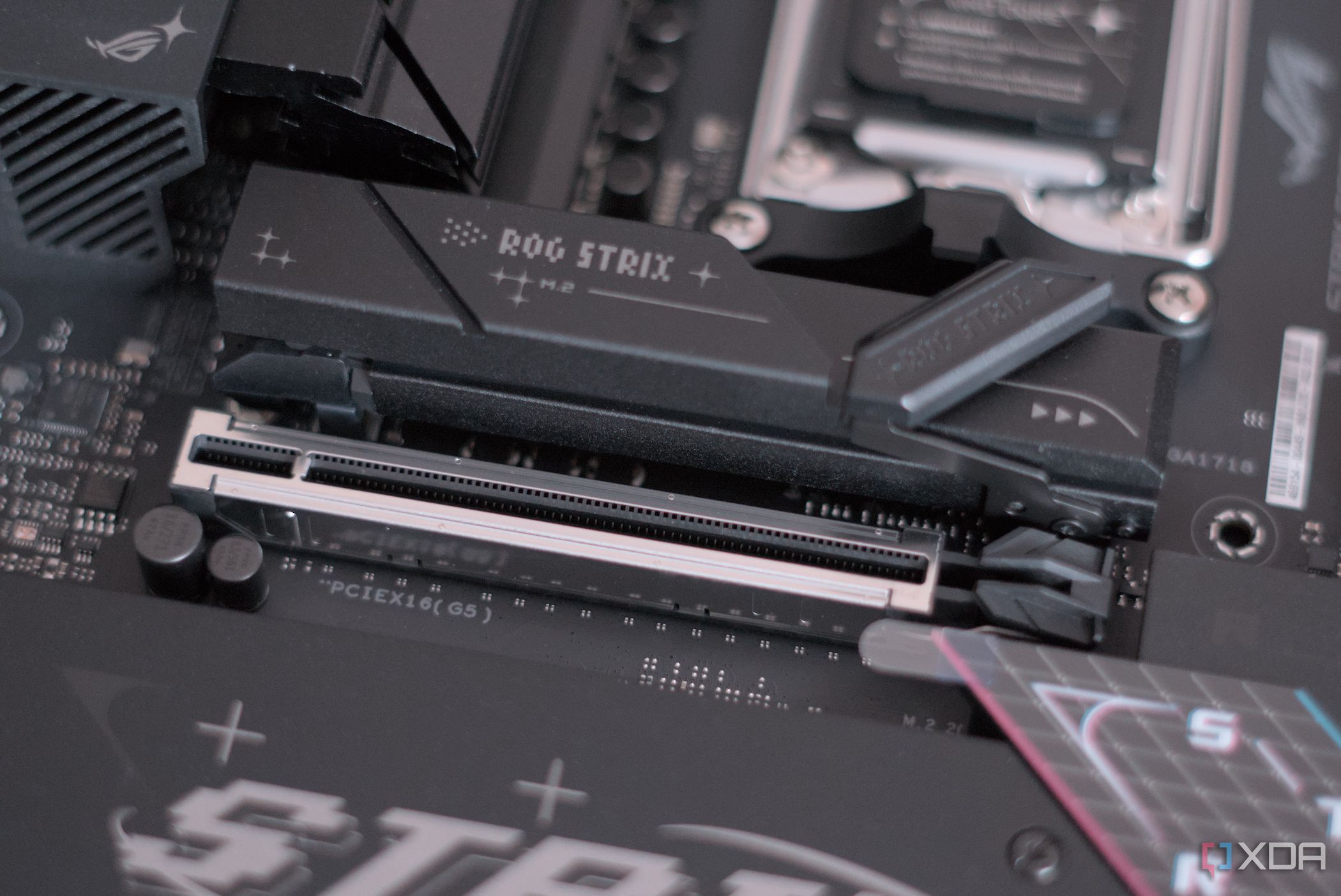



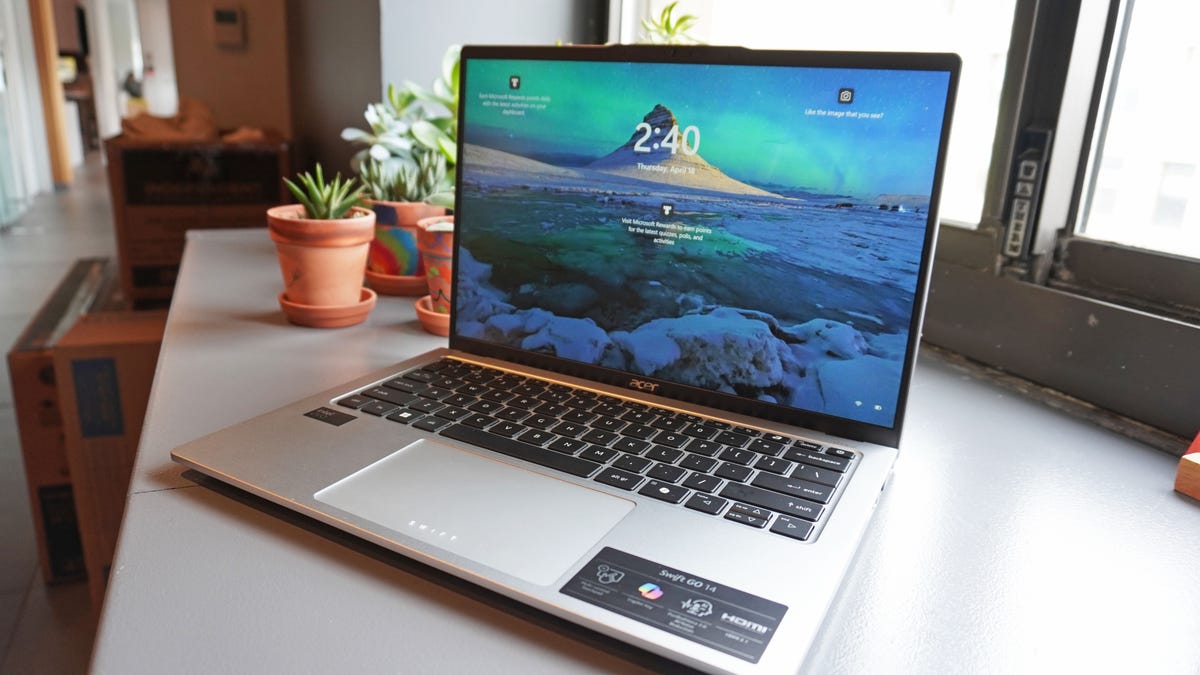







 English (US) ·
English (US) ·